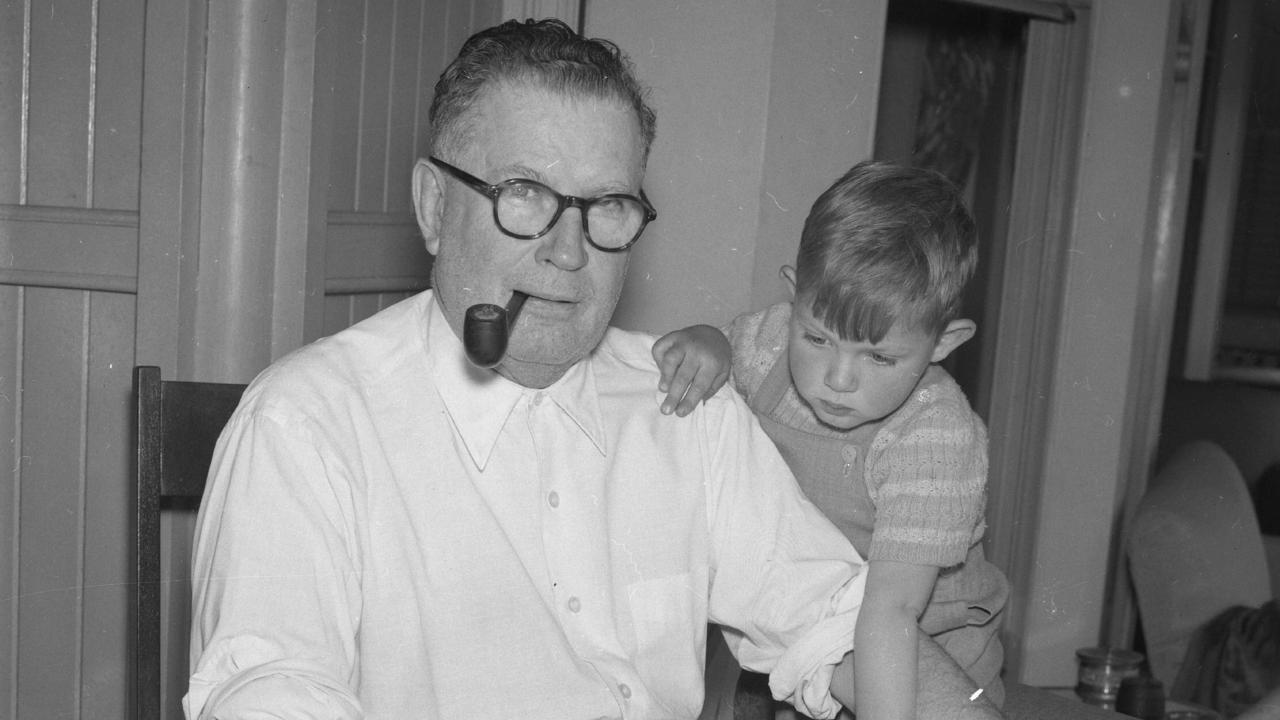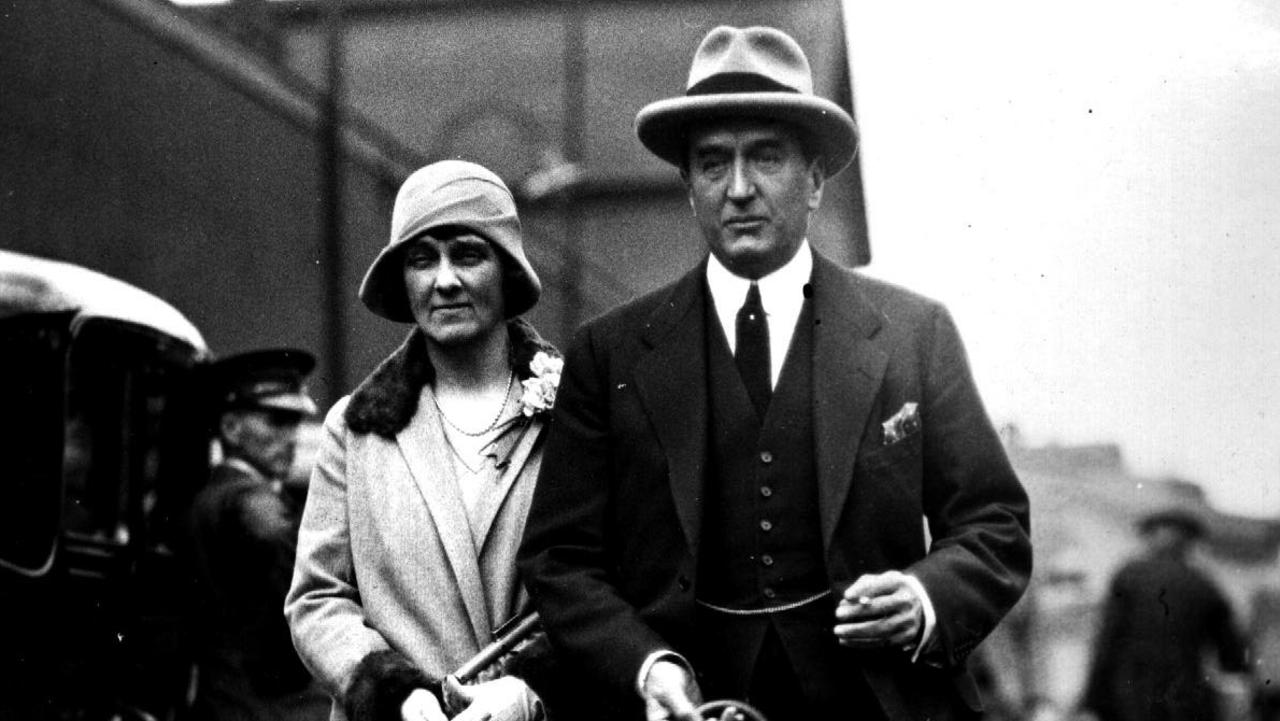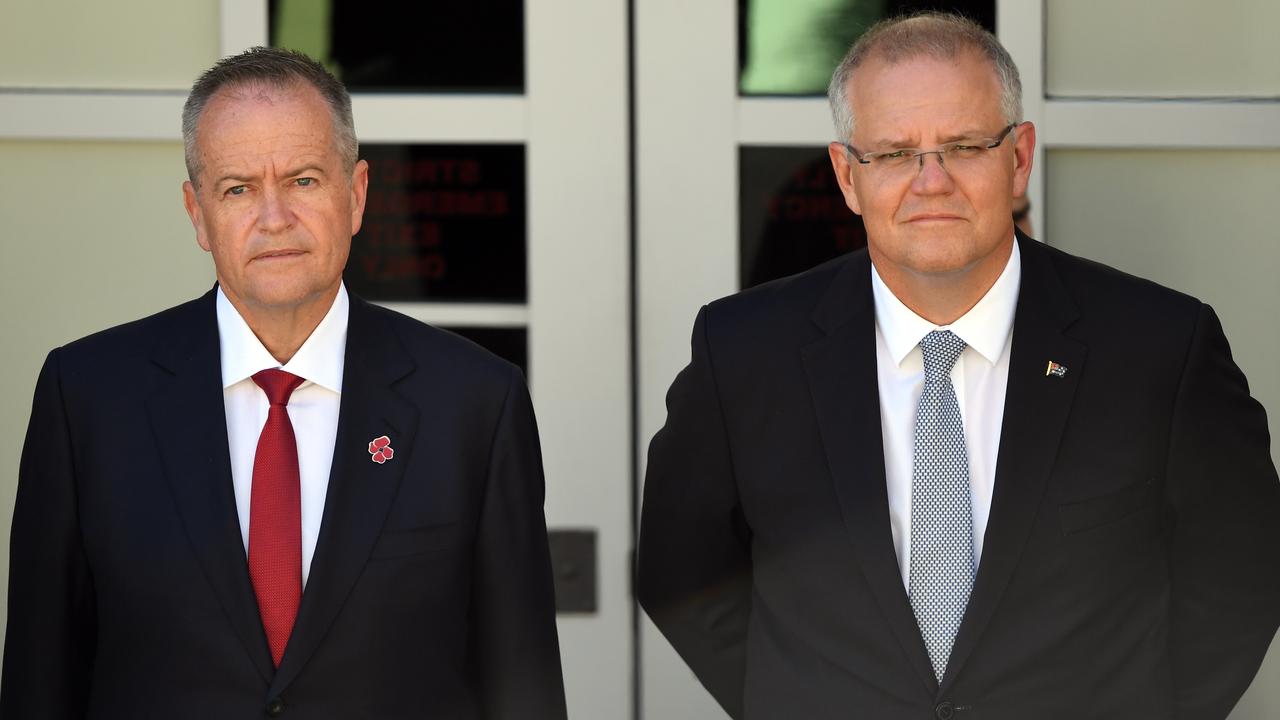The Morrison government lost a crucial vote so why hasn’t an election been called?
The government suffered a historic defeat yesterday — something that has sparked elections previously. So why aren’t we heading to the polls?
The last two times a government lost a vote on legislation in the House of Representatives it didn’t end well.
But yesterday was different.
Despite the fact the Morrison Government was unable to stop Labor from pushing through the medevac bill giving doctors greater powers to bring aslyum-seekers to Australia, no election has been called and it’s been business as usual.
To give you an idea of just how unusual this is, you have to look at the devastating consequences the last two times this occurred.
The most recent example happened in October 1941 — 77 years ago — when two independents voted against Arthur Fadden’s war-time government on a bill that reduced its budget by the nominal sum of £1.
The prime minister basically stepped aside and allowed the opposition leader, Labor’s John Curtin to form government instead. Mr Fadden resigned two years later after an election saw his party suffer a massive defeat.
POLITICS LIVE: Senate considers medevac bill amendments

Previous to this, in 1929, Stanley Bruce’s government was defeated on a bill that transferred industrial relations powers to the states.
Six Nationalist Party MPs defected against his leadership so he called an election to restore confidence in his leadership. Instead he lost the election and his own Victorian seat of Flinders. It was the first time a PM had lost their seat and it did not happen again until 2007 when John Howard was defeated in his seat of Bennelong.

Basically, losing a vote on legislation in the house has led to Armageddon for previous governments.
So why didn’t it have the same effect yesterday?
At least one expert believes there was a potential trigger for an election but both parties sidestepped it.
Legal advice was released yesterday that suggested there was a constitutional problem with the Senate amendments because they involved forming a paid panel of six independent members to provide health advice.
This would arguably increase the financial “burden” on citizens, which the Senate is not allowed to do. The constitutional advice raised by the government basically suggested the bill was a “money bill”.
This is dangerous ground for the government, as University of Sydney professor of constitutional law Anne Twomey explains in a piece for The Conversation.
“In order to govern, a government must retain control over government finance,” Prof Twomey wrote.
“Defeat on a money bill in the House of Representatives is regarded as a loss of confidence, which by convention requires the government to resign or seek an election.”
However, instead of pushing this point as a trigger for an election, the Labor Party basically neutralised the argument by moving an amendment to remove any right to payment of officers on the panel.
It seems Labor does not yet want an election to be called, especially one triggered by refugee policy.
The Morrison Government could also declare the vote to be a matter of confidence but it has not done so.
“If the House of Representatives has truly lost confidence in the government, it can always move a vote of no confidence to make this clear. Unless that happens, the Morrison Government can continue governing until the election is held,” Prof Twomey wrote.
As columnist Troy Bramston wrote in The Australian: “The Morrison Government might want to fight an election on border protection but it would be weakened by being forced to an election by having lost the support of the Parliament.
“Labor does not want to fight an election on border protection, given the divisions in its own ranks and its disastrous record during the Rudd-Gillard governments, even though it remains well ahead in the polls.”

Continue the conversation @charischang2 | charis.chang@news.com.au




